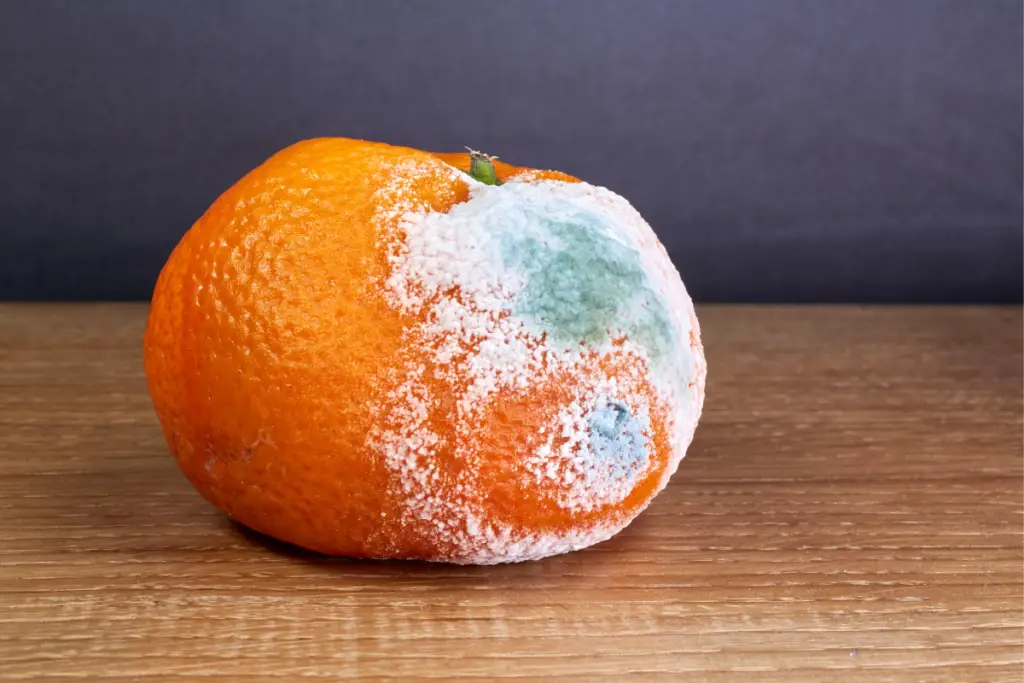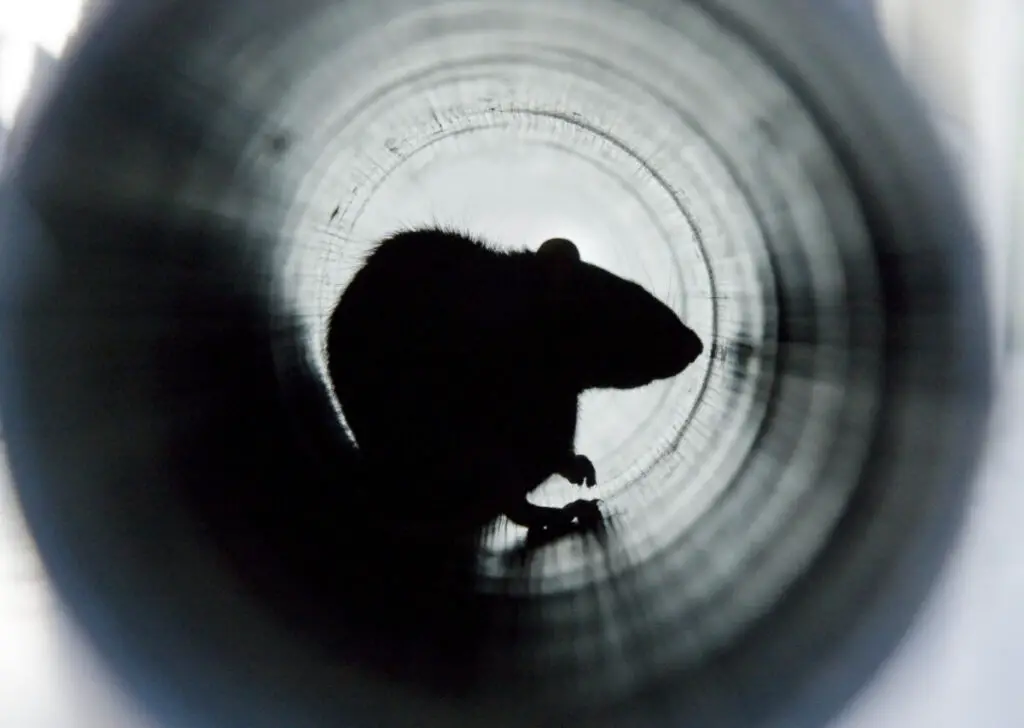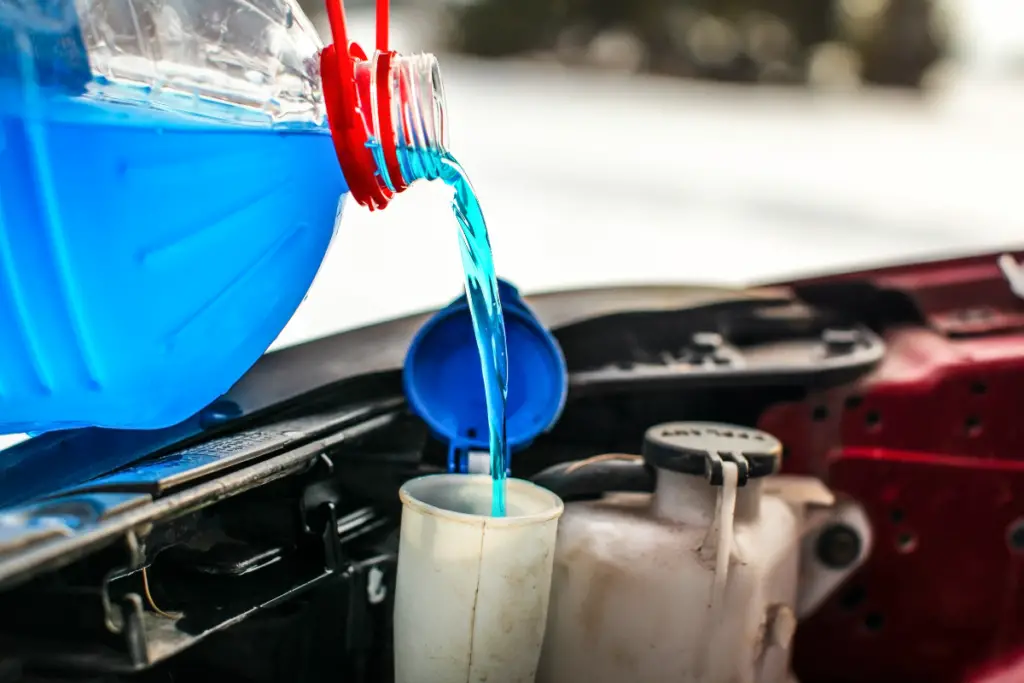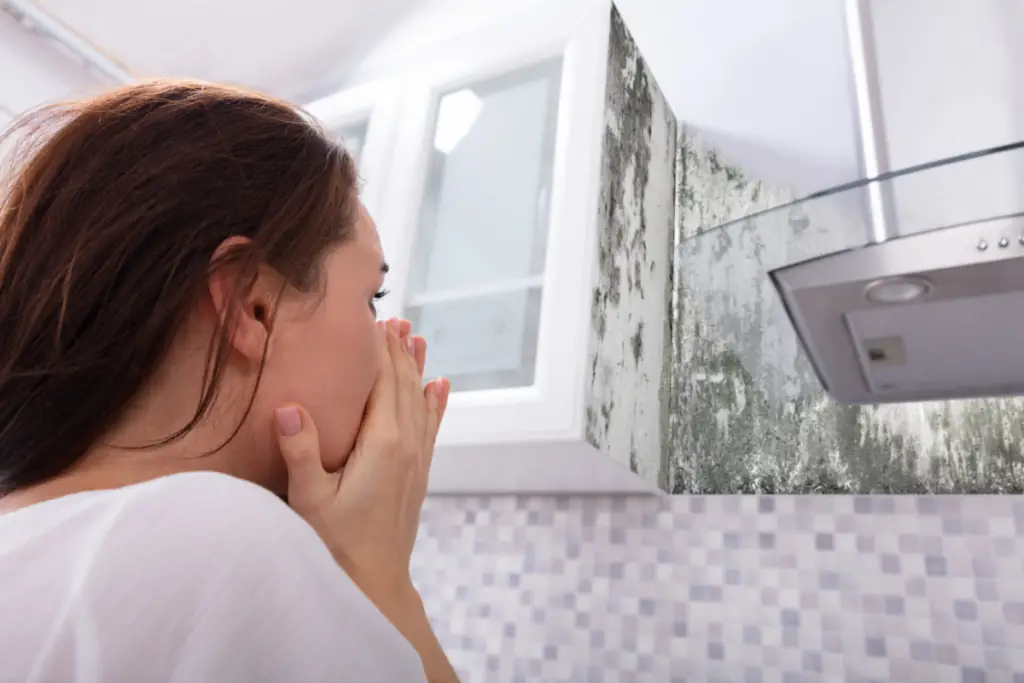Unusual odor in the house is not just uncomfortable but can also be indicative of toxic gas leaks and other dangerous circumstances. The constant fish-like smell is a common complaint, and while you may think of spoiled food as its source, multiple other reasons may be lying at the root of the problem.
The fish odor from homes can stem from various sources like electrical issues (damaged wiring, overload on circuit breaker), anti-freeze, mold growth, and spoiled food.
In this article, we will explore several potential causes of fish odor in the house, how they may impact health, and if you should be worried about it. We also discuss easy solutions and techniques to resolve the issue.
Reasons Why Your House Smells Like Fish
Here are the possible reasons why your house may be smelling like fish:
1. Electrical Issues
In the majority of cases, electrical issues are responsible for the fish odor in homes.

Burned Insulation
In all the electrical issues, the fish-like odor mainly arises from the burning of plastic or insulation on the wires. This insulation is also found on several other utensils and household items, such as cooking appliances.
Electrical over surge can damage the insulation due to overheating, which leads to the characteristic fish-like smell.
Burned Wires
Several factors can cause electrical wires to burn, which results in fish odor.
- Plugs not grounded
- Voltage spike
- Extension cord overuse
- Old wiring
- Space heaters
- Faulty /loose wires
Burning wires can lead to fire breakouts and electrical accidents, and therefore, it is crucial to timely diagnose and resolve the issue.
In case you suspect damaged wiring, check all the outlets around the house. If you notice a loose connection, immediately call an electrician, as there is a chance of damage to the internal wiring, in which case, professional handling is necessary.
Weak Breaker Box
A breaker box is a panel that evenly transmits electrical signals to all the circuits of your house. If the breaker box is low-quality, or it is under excessive stress, i.e., it cannot cater to the number of connected circuits, it may undergo an electrical surge, resulting in a fish-like odor.
Ask an experienced electrician to inspect the box. You may need to upgrade your box to one with higher amps, especially if you use high-end HVAC systems. Therefore, when buying a breaker box, it is necessary to check its capacity beforehand.
2. Spoiled Food

One important reason why your house may smell like fish is rotten food. As food grows stale, bacterial action on the food particles releases alkylamines and aliphatic acids, which give off a fatty, fishy flavor.
When Does Food Go Stale?
While the exact rotting time varies for different food items, FDA recommends any food (without preservatives) left at room temperature for longer than two hours should be discarded.
Health Effects
Food gets spoiled because of breakdowns by microbes. Consuming stale food, therefore, can lead to several infections and health effects like:
- Brain damage
- Kidney failure
- Upset stomach
- Abdominal distension
- Fever
- Diarrhea
Solution
Keeping food in an airtight jar or wrapping it in plastic wrap before refrigerating can help save it from going stale.
3. Rats
Dead rats are a common occurrence in homes, but certain bacteria on decomposing rats can emit an awful fish odor!

Solution
Get a professional clean or plumber service (if you suspect it’s coming from drainage lines). To prevent /permanently solve the problem, it is important to patch areas that may be letting rats in.
5. Anti-Freeze
If you have an attached garage, the fish-like odor in your home can be coming from anti-freeze. It is an engine coolant added to cars in a diluted form to protect the engine in low temperatures.

Although it ideally remains within the car engine system, if there is a small leak or a bottle of anti-freeze has spilled in your garage the fishy smell can get into your house.
Solution
If you identify your car (or garage) as a source of the fish odor, ventilate the area and the smell will quickly go. Obviously, clean up any anti-freeze spills and check your car or have it serviced. It’s a good idea to dispose of any old anti-freeze after 2 to 3 years.
2. Mold
Another possible origin of the fish smell is mold growth.

Occurrence and Growth
Molds are complex, multicellular organisms classified as fungi. They measure 3 to 40 microns, and are ubiquitous, i.e., they can be found in all major ecosystems (air, water, and soil).
Almost 50,000 mold spores are normally present in a cubic meter of air. However, they remain dormant until adequate moisture is provided. Typically, mold spores need at least 55% relative humidity at 65 degrees to propagate and sprout. Therefore, in humid climates, mold growth can be a reason for the fish smell.
Although weather rich in humidity stands as a major contributor to mold growth, several other factors can also influence it:
A) Faulty Condensate Lines
Condensate lines are responsible for removing excess moisture that collects in homes. In case a drain line becomes clogged, it will lead to increased moisture levels inside the homes, thus causing mold growth.
Getting regular maintenance checks and services for the drain line can solve the problem.
B) Contaminated Food
Food is a common source of mold spores in homes. Packaged items like soy sauce, ketchup, pickles, and cereals often contain mold.
The US Food and Drug Administration (FDA) conducts several tests on food items before allowing them on the market. Buying only high-quality, FDA-approved brands can reduce mycotoxin exposure.
C) Inadequate Cleaning And Maintenance In Appliances
Common domestic appliances like ACs, refrigerators, humidifiers, dehumidifiers, diffusers, etc., frequently encounter water and polluted air. If you don’t take care of adequate maintenance, mold can collect and grow in their system.
Solution
Disinfecting the units, especially the areas like reservoirs that collect water, is critical. You can use vinegar solution (1:1 white vinegar and water) to disinfect the units. If your user manual does not advise against it, you may also use bleach to kill mold colonies.
Professional Sterilization
For mold removal, professional sterilization techniques like sodium hypochlorite remedial therapy are also used.
Negative Health Effects of Mold
Various mold spores exist in the atmosphere and can buildup up colonies around your homes. Cladosporium, Aspergillus niger, Penicillium, Acremonium, and Fusarium, and some of the most common molds found indoors.
These molds can directly cause allergies and respiratory disturbance by skin contact or spore inhalation. Additionally, they also produce toxic chemicals, called mycotoxins, that are primarily responsible for mold infections. This group includes aflatoxin, ochratoxin, patulin, fumonisin, zearalenone, and over 300 other chemicals.
They can cause mild to severe side effects like:
- Fatigue
- Nausea
- Kidney diseases
- Liver cancer
- GIT disturbances
- Hemorrhage
- Skin inflammation
- Hepatitis
- Neurological issues
Mycotoxins can also result in a variety of animal diseases because it weakens the immune system, thus making animals more susceptible to infections.
Although we don’t have an EPA-declared safe level of mold spores, according to the Center For Disease Control and Prevention (CDC), no amount of mold is safe in commercial areas.
Detecting Mold Around The House
Mold colonies look like fluffy or hairy patches in black, grey, or greenish color. Molds never grow in isolation, and if you notice a growth, there’s a high chance mold colony are widespread around the house.
Frequent incidences of mold allergies are also an important indicator of mold buildup.
How Do I Get Rid Of Fish Smell From My House?
Using dehumidifiers, air purifiers, ensuring adequate ventilation, or boiling vinegar for several minutes can help get rid of a fish-like smell.
- Ventilation plays a key role in maintaining proper air circulation. It replaces stale air with fresh airflow constantly, which eventually removes indoor smells. Other than opening windows, you can install bathroom fans, kitchen range hoods, and whole-home ventilation systems to rid of contaminated air.
- Air purifiers don’t just prevent fish odor by removing mold spores, but they also remove microbes that can cause chemical reactions (for example, by spoiling food), which may lead to a fish-like smell.
- Dehumidifier and Air Purifier combos are one of the best ways remove and prevent bad smells in your home.
- Vinegar is an acidic substance and, therefore, neutralizes alkaline odors. You can leave a bowl of white vinegar overnight or boil some of it for several minutes to remove fish odor from home. You can also spray diluted vinegar around the room to quickly cover a larger area.
Dehumidifiers
Humidity is the primary facilitator of mold growth. According to CDC, the healthy range for relative humidity is 30 to 50%. While lower levels can cause excessive dryness, humidity beyond 50% can cause mold and bacterial growth.
Therefore, if you live in a humid climate, controlling the indoor relative humidity is essential. Dehumidifiers are appliances that reduce moisture content using desiccant substances and /or refrigerants and coils.
Investing in a high-quality dehumidifier preempts mold growth.
Dehumidifiers come in three types, and you can choose either of them based on your needs and climate conditions.
- Compressor Dehumidifier: These are traditional, refrigerant-based devices designed for higher temperatures. While they are more efficient than other options, they create excessive noise during operation.
- Desiccant Dehumidifier: They employ a rotating wheel coated with desiccant material like a sponge or silica gel to dehumidify. Desiccant units are better suited to low-temperature areas.
- Whole House Dehumidifier: They are compressor units connected with an HVAC system via ducts. They are not portable but provide more coverage than the other two.
buttons and controls, like how fast the fan is blowing and the humidity level it’s set to. It’s like magic!
Air Purifiers
An air purifier is a system that basically comprises several filters, each of which traps a different airborne contaminant. Following are some of the filters you should look for in an air purifier for mold spores and mycotoxins:
- True HEPA Filter: It’s like a super filter because it has tiny holes that catch even the tiniest particles in the air, like dust, pollen, and even germs!
- UV Bulb Filter: This is like a special light bulb that sends out invisible rays that can destroy mold and germs. It’s like magic!
- Ionizers: They make special particles with electricity that stick to the bad stuff in the air and make them fall to the ground. It’s like making the air clean by making the bad stuff go away!
- Electrostatic Filters: These work like the Ionizers, but they can make both positive and negative particles. They are even better at cleaning the air!
- TiO2 Filter: These filters are coated with a special substance that can break down bad things in the air when it’s exposed to light. It’s like the sun helps to clean the air!
Research suggests TiO2 as an effective substance to counter mycotoxins (mainly aflatoxin).
- Activated Charcoal Filter: These filters have lots of tiny holes, and it sticks to bad stuff in the air. Even really tiny things like mycotoxins can’t escape this filter!
- Ozone Generator: This is like a special machine that creates something called ozone gas. Ozone gas can clean the air and water. It’s so powerful that it can change bad stuff into good stuff by reacting with them. So, the bad things become harmless!
All these cool filters and gadgets work together to keep our air fresh and healthy.
It is crucial to mention that while ozone generators reduce mycotoxins, ozone is a dangerous and potentially lethal gas. Since alternatives like True HEPA filters are easily accessible, it may be better to avoid ozone generators.
Does Carbon Monoxide Smell Like Fish?
Carbon monoxide is a colorless and odorless gas and, therefore, does not smell like fish. The smell of other exhaust fumes and presentation of CO poisoning symptoms like nausea, headache, difficulty breathing, and confusion indicate a possible CO leak.
Why Does My House Smell Like Fish After Rain?
Rain damages insulating material. Damp insulation reduces 40% of original functionality, and this can lead to a fish-like smell in homes after rain.
